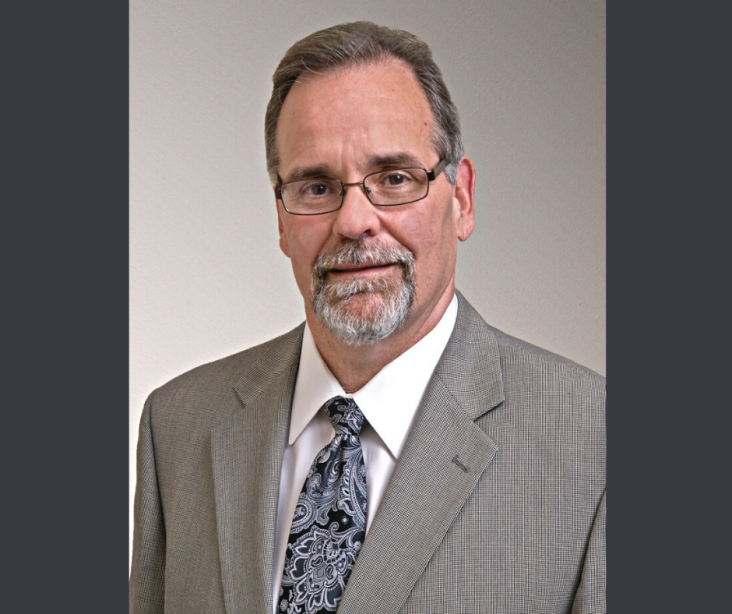By Joseph Garcia, MD – Cardiologist from Sheridan Memorial Hospital’s Heart Center
February is Heart Month and it is particularly fitting that Sheridan Memorial Hospital has accomplished Accreditation by the American College of Cardiology (ACC) for the treatment of congestive heart failure.
What exactly does this mean?
It means that Sheridan Memorial Hospital has made management and treatment of congestive heart failure a major priority to improve patient quality of life, improve survival rates, reduce hospitalizations, keep patients employed (or doing as much of their daily activities as possible) within the limitations of their heart.
Congestive heart failure occurs when your heart muscle is unable to pump blood efficiently because the heart pump is either too weak or too stiff to be able to function. When the heart is unable to pump efficiently, the pressures inside the heart start to rise and the circulation starts to back up to the point where, in severe cases, you develop fluid in your lungs as well as swelling of your lower extremities.
Persons who start developing heart failure usually begin with symptoms such as shortness of breath on exertion or inability to breathe comfortably while lying flat ad having to prop themselves up to breathe better. Most persons develop fatigue, weakness, a faster than normal heartbeat, reduced exercise tolerance and increased urge to urinate at night. As heart failure symptoms worsen, persons may experience swelling of the abdomen and lower extremities, resulting in rapid weight gain from fluid retention.
Major conditions, which can result in heart failure, include significant obesity, poorly controlled high blood pressure, poorly controlled diabetes and coronary artery disease. Excessive alcohol and tobacco use also contribute to heart disease. Some medications, both prescription and over the counter, can also result in heart damage.
Not all conditions that lead to heart failure can be reversed, but there are treatments that can improve the signs and symptoms of heart failure and help you live longer. A person can undergo lifestyle modifications such as not smoking, controlling diabetes and blood pressure, staying physically active, eating healthy foods, maintaining healthy weight and controlling stress. By reducing these risk factors or undergoing necessary surgical options, heart failure can be minimized. The stronger your heart pump is, the longer the overall life expectancy will be for the patient.
The ultimate goal for diagnosing and managing heart failure is early recognition and intervention. Patients that receive a new diagnosis of heart failure in our facility leave the hospital with a heart failure specific bundle. This bundle consists of a scale, pulse oximeter, blood pressure cuff, a calendar, a recipe book for heart heathy cooking, and an education booklet on living with heart failure. By increasing heart failure education and providing useful tools for success, patients will have a greater awareness and appreciation for their health.

